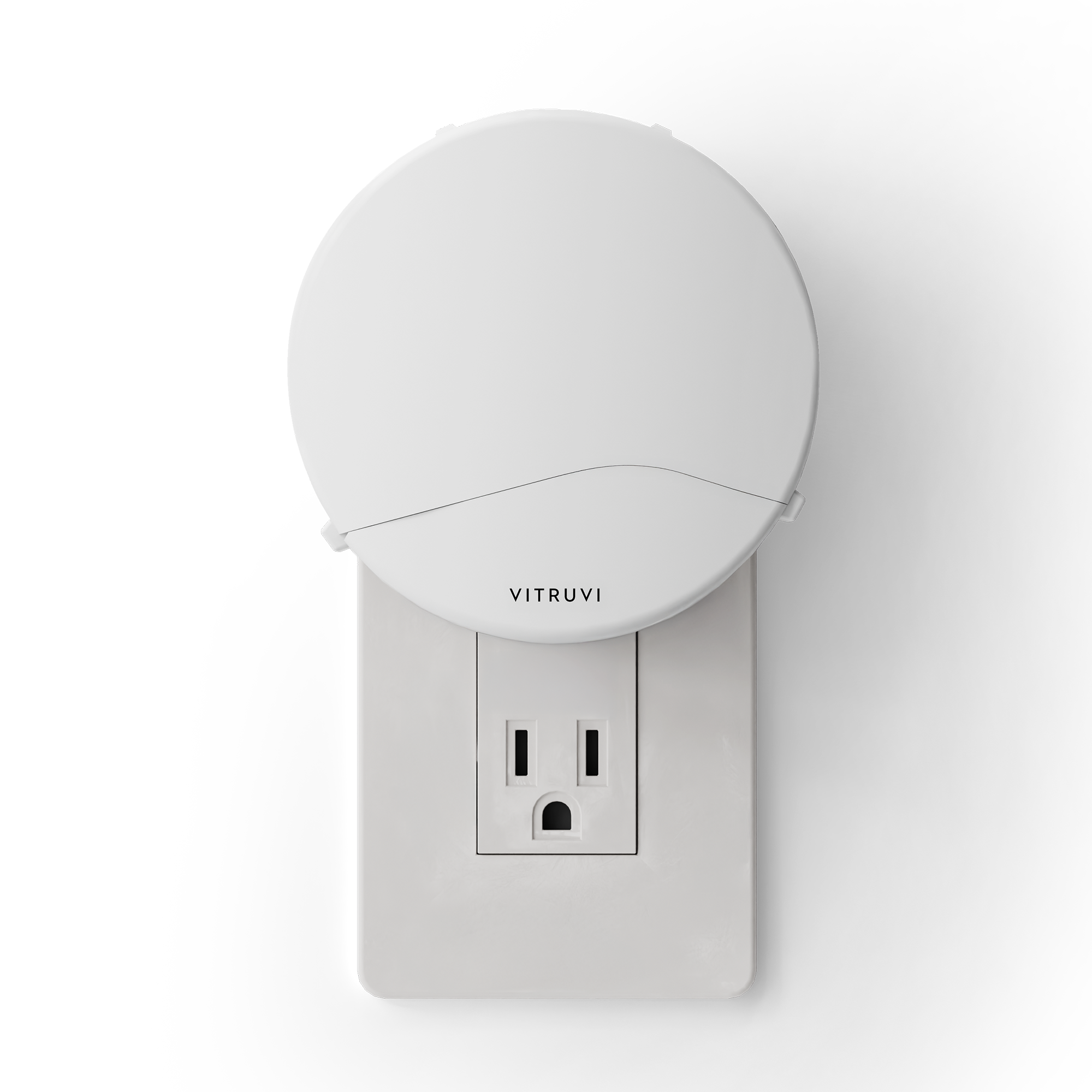Trigger warning: this article mentions suicide.
Cheslie Kryst’s death was incredibly shocking for me. The effervescent and stunning 30-year-old was accomplished—an attorney, a former Miss USA, and an on-air correspondent for Extra, to name just a few. The people who knew her well described her as bubbly and full of life—and then, seemingly out of the blue, Kryst died by suicide in January 2020.
If you take a look at Kryst’s social media accounts, indications that she was battling anything at all are hard to find. In every photo and video, she’s smiling and seemingly high energy. It’s haunting.
Following her death, her mother April Simpkins released a statement revealing that she had been coping with mental health struggles. “While it may be hard to believe, it’s true. Cheslie led both a public and a private life,” Simpkins said, according to Self. “In her private life, she was dealing with high-functioning depression which she hid from everyone—including me, her closest confidant—until very shortly before her death.”
It was the first time I had heard of high-functioning depression, and I wondered how many others were suffering from it.
What is high-functioning depression?
“High-functioning depression is usually called persistent depressive disorder,” says America Allen, licensed clinical social worker and owner of Sunu Healing Collectively. “That’s important, especially when we’re talking about diagnosis. When we’re looking at the symptoms, it’s typically the symptoms of depression, but they appear to be less severe.” A person may be experiencing fatigue or difficulty concentrating, low self-esteem, or hopelessness, she explains, but is still able to function “normally” for the most part.
High-functioning depression symptoms
One of the most often-overlooked symptoms is negative self-talk, Allen says: “having those negative statements or thoughts about yourself or even noticing a decrease in productivity.” There are smaller signs, too. “Let’s say you worked out five days a week and now you’re noticing you’re only hitting the gym once a week,” she says. “Changes like that, more of the subtle changes—even feeling like you’re more irritable or like you always kind of feel like you’re on edge and you could snap at any minute. I think those are the ones that I hear the most often that we just attribute to, ‘Oh, well, you know, I’m just really tired. So of course I’m not working out as much. Everybody’s just getting on my nerves.’ Okay, that’s fair. But is there something else going on there?”
Signs of high-functioning depression
“I would say a helpful way to notice if someone is struggling is having conversations with people. And I think that’s where sometimes we may miss the mark a little bit,” Allen says. “Not just the superficial, ‘Hey, how are you? Just checking in.’ But like, ‘What’s going on? How are you feeling? Are you noticing anything? What do you need from me? How can I support you?’”
What time is the right time to seek therapy if you see signs of high-functioning depression in yourself?
“The moment that they feel like something is off,” Allen says. “I think that’s where the issue is, because if I’m noticing that I’m feeling in a low mood, I’ve been feeling sad for a while, but I’m still able to go to work, I’m still engaging in relationships, I might think, ‘Oh, it’s not that bad.’ We assume that it becomes a normal situation. And I always say that for Black women in particular—that’s why so many of us are suffering in silence. Because we’re used to it.”
Shanti Das, former music executive and founder of Silence the Shame, echoes these sentiments. One of her best friends died by suicide in 2014, and Das considered taking her own life in September 2015. Her mental health journey led her to start her non-profit organization and hub of mental health resources, which Das says is rooted in the mantra of “not having any kind of shame around what you’re dealing with as it relates to your emotional health and wellness.”
How can I support someone in my life who is suffering from high-functioning depression?
Start by asking how they’re feeling. By doing so, “you are essentially giving them permission and creating that safe space for them to say, ‘I feel like this,’” Das says. “It’s giving them something to think about. Hopefully you will get some of those types of answers so that you can open up the conversation to say, ‘Well, how can I help you?’ How can I be different to you?’ Because what we often try to do is—especially as Type A personality folks—we go into solve and fix-it mode. We don’t need you to fix us, per se. Have a thoughtful and meaningful conversation, extend some grace to them, and say, ‘It’s okay. What can I do? How can I assist you? How can I be a good friend to you in this moment?’ I always think it’s really important that we ask people what they feel like they need and then how you can support them.”
Das says that high-functioning people, especially those in “extremely successful high positions,” tend to suffer in silence. “I think we’ve seen that from so many other high-profile people that have died by suicide,” she says. “That’s the part that’s really hard—because I’m sure [Cheslie Kryst’s] family members, colleagues, friends, coworkers, they were all puzzled. Like, ‘What did I miss? What was going on?’ Unfortunately, we can’t really see the emotions that are happening in the brain.”
Suicidal thoughts are complex and, for those who have not experienced depression, often hard to comprehend. “When I had my suicidal ideation in 2015, it wasn’t that I wanted to die. I just wanted the pain to go away,” Das reflects. “Unfortunately, some people can’t shake that. They aren’t able to get the help that they need, or they come to a decision where in their minds at that time, whether they’re thinking in their right state of mind or not, that suicide is the best option.”
What does high-functioning depression look like?
Das says one suicidal flag to watch for is if people start giving away their belongings or donating things and getting affairs in order. “It’s one thing to just take care of your business,” she says, “but sometimes you can tell people are really abruptly starting to give stuff away.” Overeating and using alcohol as a coping mechanism are two other signs to watch for—both in others and yourself. “That’s a problem,” she says. “If you’re putting a Band-Aid over what’s really going on, that should be a signal that you either need to talk to your primary healthcare physician about it, a therapist, or someone that can really help you from a clinical perspective.”
If you or someone you know is experiencing symptoms of high-functioning depression or suicidal thoughts, you can seek immediate help by calling the National Suicide Prevention Lifeline at 1-800-273-8255.











